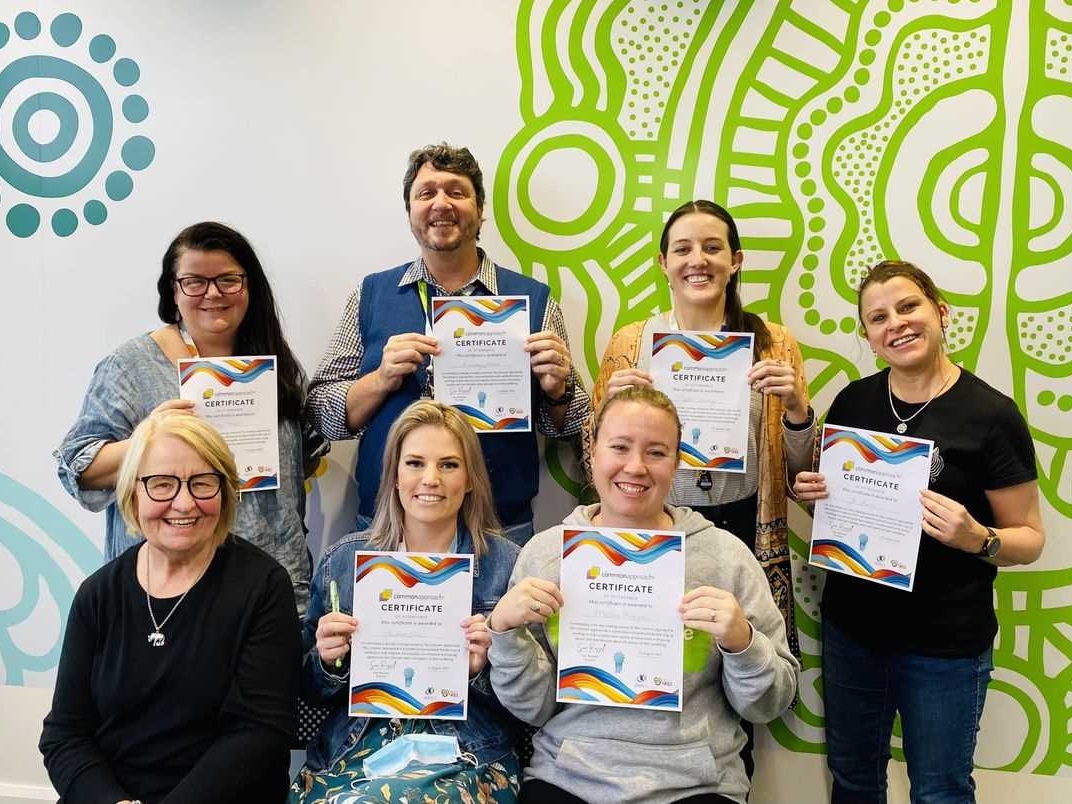Foundation for Rural & Regional Renewal (FRRR)
Mission Australia has worked in partnership with Mid Coast 4 Kids to deliver ‘The Common Approach’ training to build capability for a whole of community response to child youth wellbeing in the Mid Coast region.
The Mid Coast was dramatically impacted by the South Eastern Australia floods in 2022. The townships of Taree, Wingham and Gloucester were inundated or compromised with flood waters and structural damage cutting communities off for long periods. There was flood damage to farm lands, residential housing areas and outlying communities. This disaster compounded significant stress that has been experienced in the communities for an extended period due to the impact of prolonged drought, COVID-19 and bushfires.
As a result, early childhood centres and schools reported increased anxiety and trauma-related behaviours in children and young people, and the service system was not coping, with allied health and other support services reporting wait times of more than 12 months.
‘The Common Approach’ has equipped a range of members of the Mid Coast community with the skills to have quality conversations and build resilience to respond to the wellbeing needs of children, young people and their families, now and into the future. In total, 228 people including community service, health and education professionals, community volunteers and parents were trained to have evidence based, holistic conversations with children and young people about all aspects of their wellbeing.
Participants report increased confidence in being able to support children and young people to identify strategies to improve individual wellbeing. “Through this intervention we have equipped our community to share responsibility for promoting and supporting the health and wellbeing of children and young people in our community, via evidence informed practice,” says Program Manager Bree Katsamangos.
“Additionally, practitioners will benefit from the opportunity to engage in a bi-monthly Community of Practice to support ongoing development and practice.”


